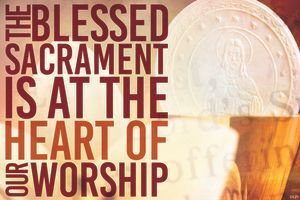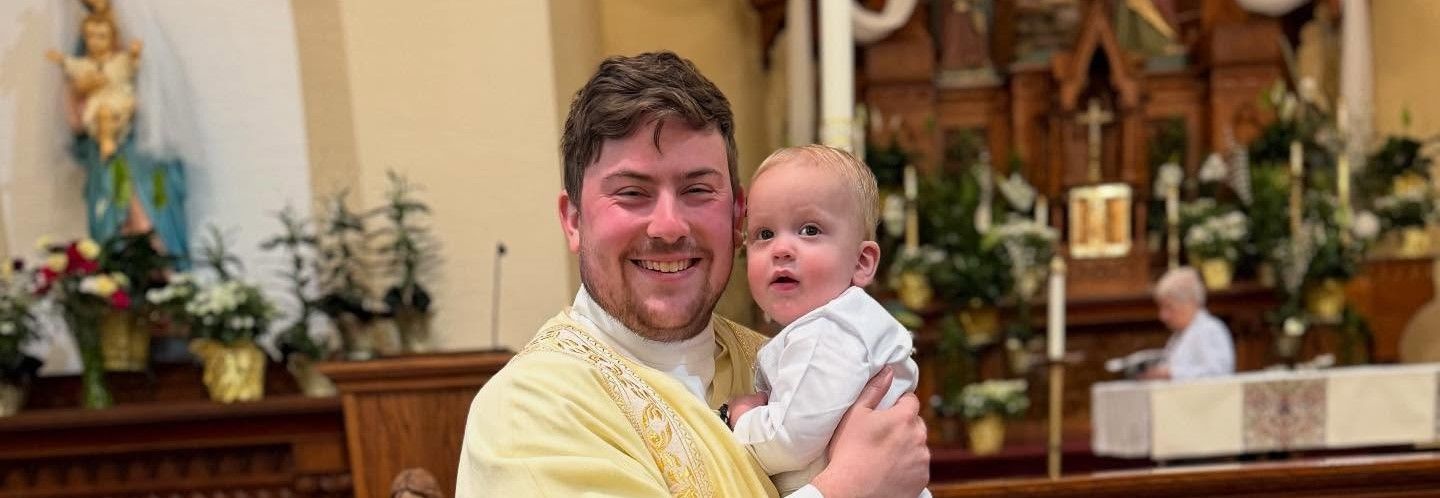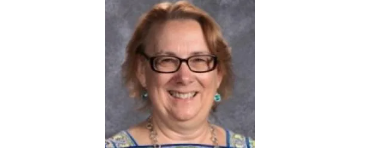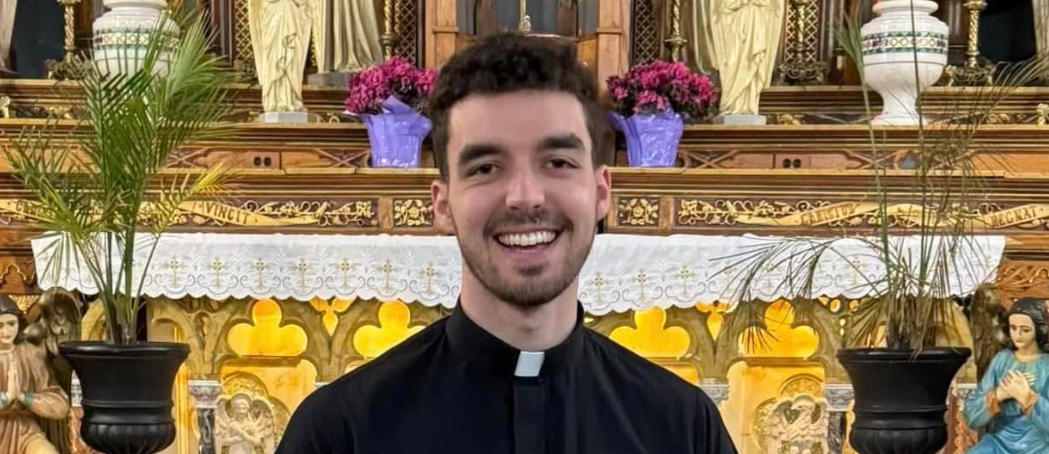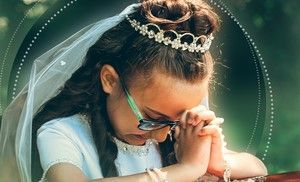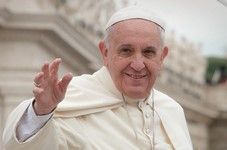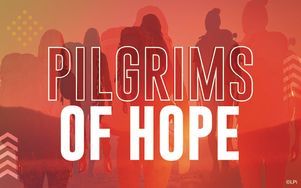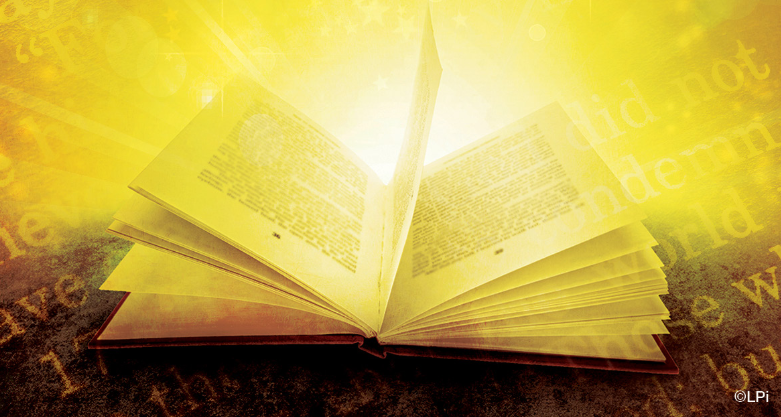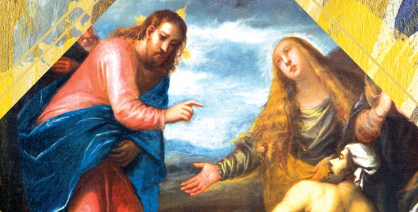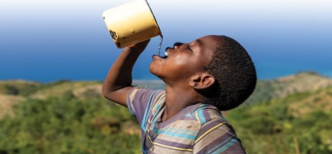Beloved Family:
I hope that by this point, we are sensing that the term “Eucharistic Revival,” while it does apply to a specific initiative of the bishops of the United States, presented on a three-year model of implementation, is applicable as an ongoing movement within our lives—individually and as a community of faith. In other words, at no point on our faith journey is the Eucharist meant to be something we have “all figured out,” with the power of its mystery more or less exhausted.
As our country approaches the observance of Thanksgiving—and since the Greek Eucharistein essentially means “to be grateful,” this upcoming week invites us to consider the role of the Mass and the Blessed Sacrament in our lives. I am aware that I very regularly reference the name of Fr. John Riccardo. I guess you could consider him a hero of mine. Obviously, we need to avoid placing any human being at a status threatening God’s priority. That said, I believe Fr. Ricardo is an especially effective disciple in the vineyard of the Lord.
On this occasion, I want to recommend a specific podcast episode. The complete reference is: Christ is the Answer, RCIA for Catholics #11 of 23, The Mass. Among other content, he draws insights from the work, What Happens at Mass by Fr. Jeremy Driscoll, OSB. The recording offers a most worthwhile one hour’s listening.
I have been remiss in acknowledging that the whole month of November is designated as Catholic Social Teaching Month. The themes of the first three weeks are, in sequence:
Life and Dignity of the Human Person: every person is precious, people are more important than things, and we are to make every effort to respect that dignity and help each person to flourish
Preferential Option for the Poor: A basic moral test is how our most vulnerable members are faring.
Solidarity: highlights the intrinsic social nature of the human person, the equality of all in dignity and rights and the common path of individuals and peoples toward an ever more committed unity.
The theme of week 4 is: Call to Family, Community and Participation
The family is the basic unit of society, where values are taught. The Church recognizes the importance of the global vision of family, which invites nations to work together for the common good. We are called to participate in family and society for the common good. The first and fundamental structure for “human ecology” is the family, in which man receives his first formative ideas about truth and goodness, and learns what it means to love and to be loved, and thus what it actually means to be a person. (Centesimus Annus, 39) “Communion” has to do with the personal relationship between the “I” and the “thou.” “Community” on the other hand transcends this framework and moves towards a “society,” a “we”. The family, as a community of persons, is thus the first human “society.” (Gratissimam Sane, 7) The political community, a reality inherent in mankind, exists to achieve and end otherwise unobtainable: the full growth of each of its members, called to cooperate steadfastly for the attainment of the common good (Gaudium et Spes, 74) *Latin references are Vatican documents
Let His Peace be with you,
Fr. Stephen



